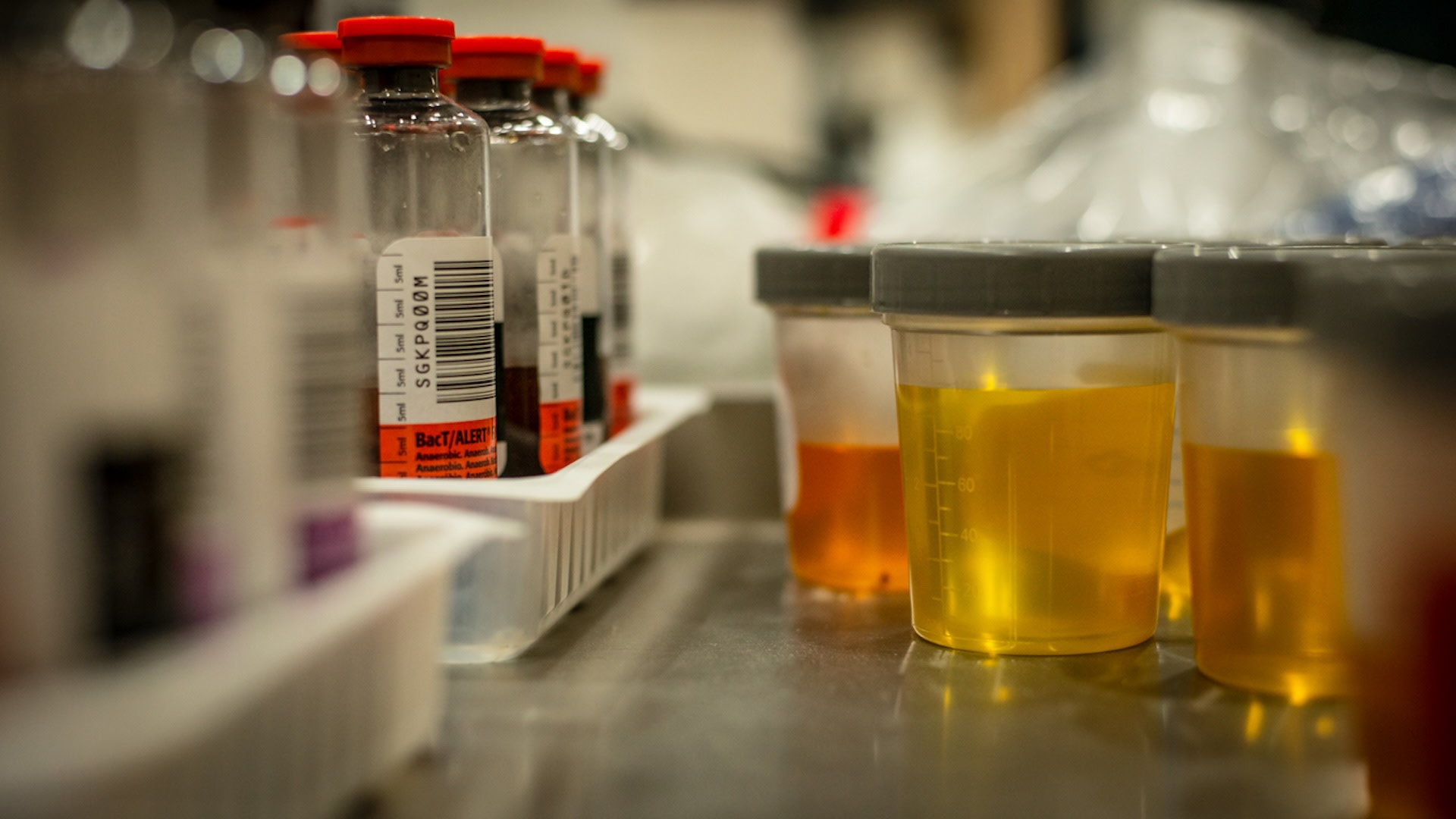New Analysis Finds PFAS in 98% of Tested U.S. Waterways Across 19 States

By: Waterkeeper Alliance
June 26, 2025
A new report released today by Waterkeeper Alliance, in partnership with local Waterkeeper groups and the Hispanic Access Foundation, reveals that toxic per- and polyfluoroalkyl substances (PFAS) have contaminated 98% of tested U.S. waters, with elevated levels found at 95% of sampled sites downstream from wastewater treatment plants (WWTPs) and 80% downstream from biosolids land application sites.
Building on the 2022 Phase I report—which revealed PFAS contamination in 83% of tested U.S. rivers, lakes, and streams—this second of a multi-phase monitoring initiative focused on sites downstream from WWTPs and permitted biosolids application fields, particularly in disproportionately impacted communities across 19 states. Using PFASsive™ passive samplers, developed by SiREM, these devices were deployed upstream and downstream of 22 WWTPs and 10 biosolids application fields, capturing PFAS levels over at least 20 days—providing more accurate insight than traditional “grab” sampling.
read full report

 Corn grows in a Steuben County field where sewage sludge was spread for nearly 40 years. (Emily Kenny/Spectrum News 1)
Corn grows in a Steuben County field where sewage sludge was spread for nearly 40 years. (Emily Kenny/Spectrum News 1)
 Credit: Scott Goodwill/Unsplash
Credit: Scott Goodwill/Unsplash Bathers relaxing by Lake Geneva, Switzerland, at the Bains des Pâquis, a swimming area in the centre of the city. Photograph: Fabrice Coffrini/AFP/Getty Images
Bathers relaxing by Lake Geneva, Switzerland, at the Bains des Pâquis, a swimming area in the centre of the city. Photograph: Fabrice Coffrini/AFP/Getty Images





